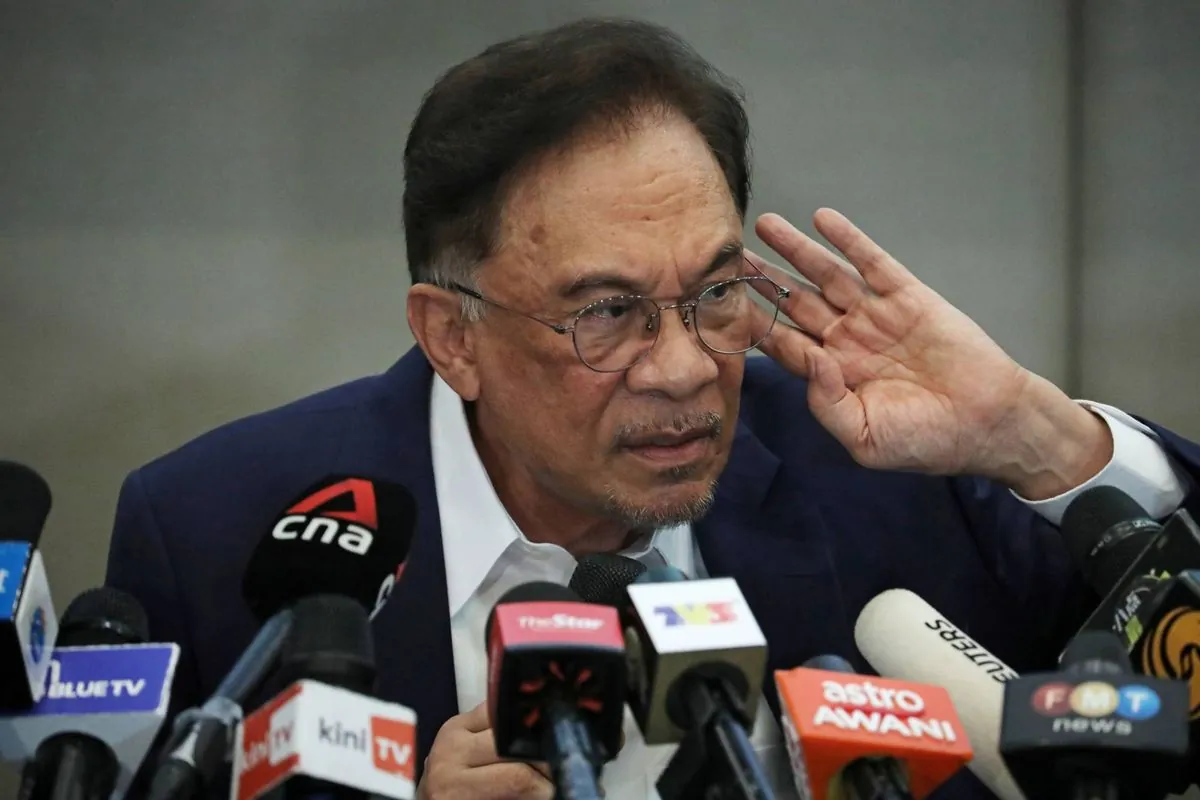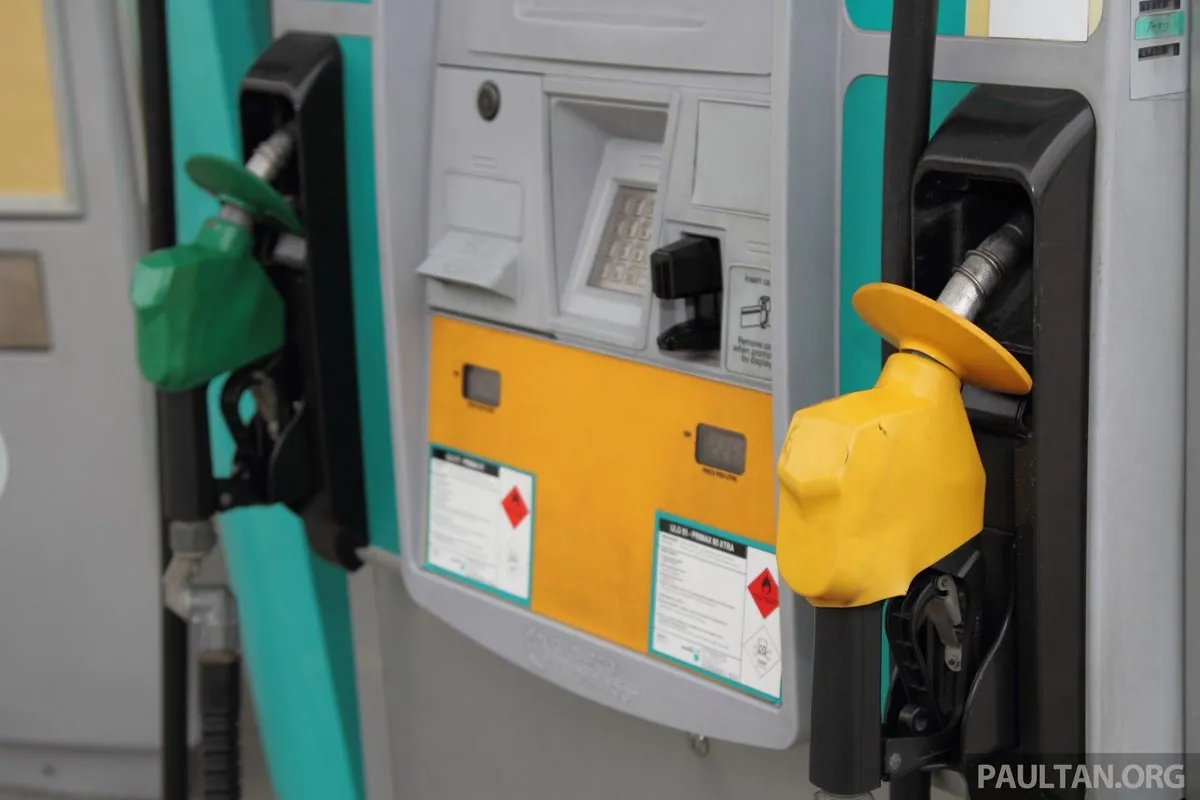Malaysia Dismisses GST Revival Rumors, Maintains Fuel Subsidy Stance
Malaysian government refutes plans to reintroduce goods and services tax as an alternative to removing RON95 petrol subsidies, contradicting recent speculation about potential tax changes.

In a recent statement, the Malaysian government has firmly denied any intentions to reintroduce the goods and services tax (GST) as an alternative to removing subsidies for RON95 petrol. This declaration comes in response to speculation about potential tax changes aimed at bolstering the nation's finances.
Fahmi Fadzil, the government spokesperson, categorically stated, "No, there were never discussions," when questioned about the possibility of GST revival. This statement, reported by the state news agency Bernama on August 29, 2024, directly contradicts a Bloomberg report from the previous day that suggested Malaysia was considering the return of a broad-based consumption tax.
The discussion surrounding tax policies and subsidies is particularly significant given Malaysia's economic context. As of 2024, the country's population stands at approximately 33 million, with an economy heavily reliant on oil and gas revenues. Malaysia has maintained a long-standing policy of fuel subsidies to keep prices low, particularly for RON95, a gasoline with a 95 octane rating widely used by consumers.

It's worth noting that Malaysia's fiscal landscape has undergone significant changes in recent years. The country introduced GST in 2015 at a rate of 6%, only to abolish it in 2018 following a change in government. The current sales and service tax (SST) system replaced GST that same year. These tax policy shifts have occurred against the backdrop of Malaysia's ambitious economic goals, including the aim to achieve high-income nation status by 2025.
The government's firm stance on maintaining the status quo regarding GST and fuel subsidies comes at a time when Malaysia is grappling with various economic challenges. The country's fiscal deficit reached 5.6% of GDP in 2022, with aims to reduce it to 3.5% by 2025. Additionally, the debt-to-GDP ratio stood at 60.4% at the end of 2022, highlighting the delicate balance the government must strike between fiscal consolidation and maintaining economic growth.
Despite these challenges, Malaysia has shown resilience in its economic performance. The country achieved an impressive GDP growth of 8.7% in 2022, while managing to keep inflation relatively in check, with a rate of 2.8% recorded in June 2024. As the world's second-largest palm oil producer and a significant exporter of electronics and petroleum products, Malaysia continues to play a crucial role in the global economy.
The government's decision to maintain the current tax structure and subsidy system reflects a cautious approach to economic management. As Malaysia navigates its path towards becoming a high-income nation, balancing fiscal responsibility with the need to support consumer spending and industrial competitiveness remains a key priority for policymakers.
"No, there were never discussions"
This definitive statement from Fahmi Fadzil underscores the government's commitment to transparency and its efforts to quell rumors that could potentially impact market sentiment or public confidence in economic policies.
As Malaysia continues to adapt to global economic challenges, the debate over tax policies and subsidies is likely to remain a topic of keen interest for both domestic and international observers. The government's clear communication on these matters plays a crucial role in shaping expectations and maintaining stability in the country's economic outlook.


































